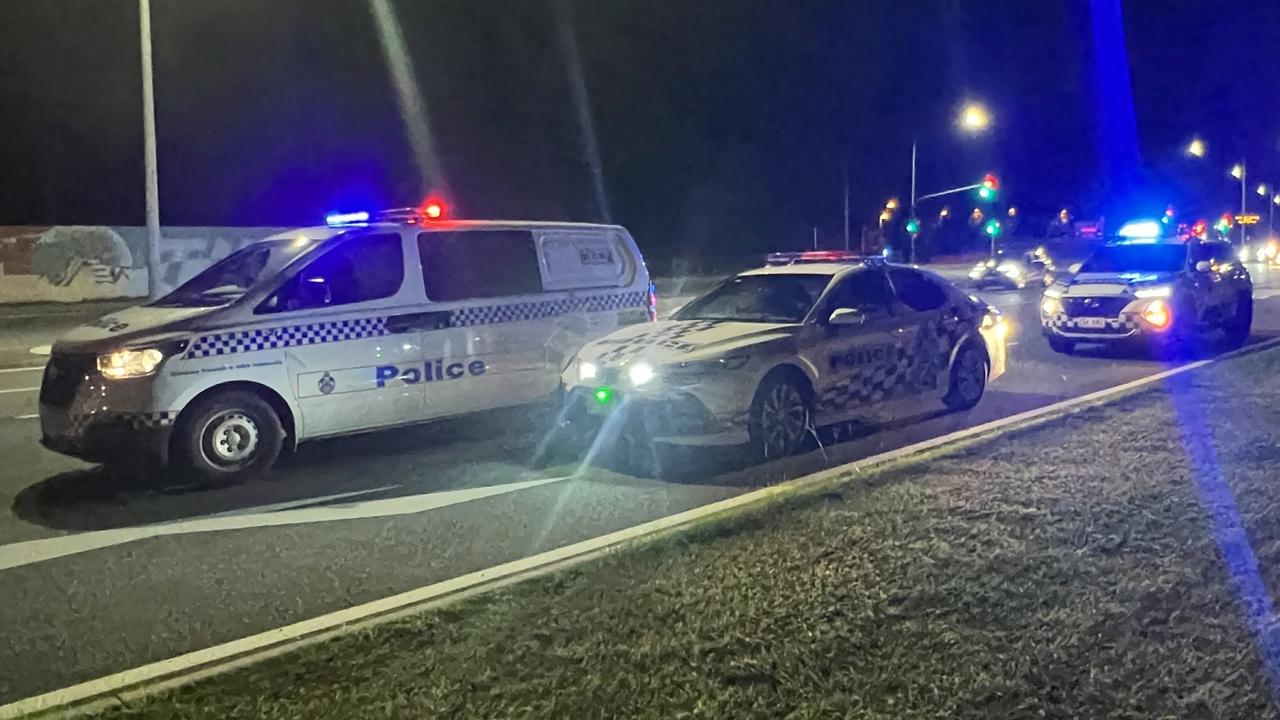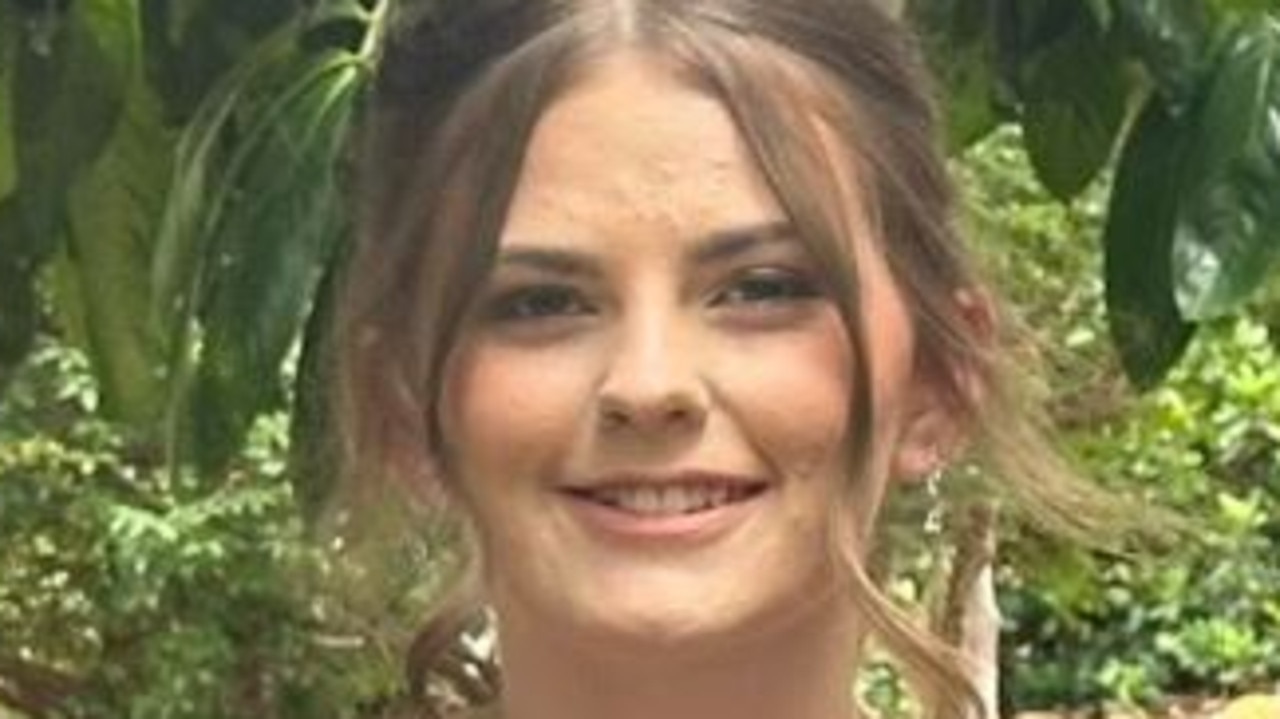Redland digs deep to modernise how deaths are handled
A bayside council has unveiled proposed changes to burial practices, exhumation procedures, and grave documentation, and has launched a three-week public consultation period.
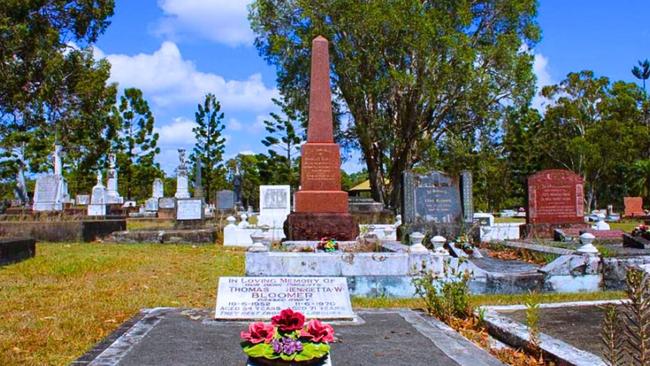
QLD News
Don't miss out on the headlines from QLD News. Followed categories will be added to My News.
Redland City Council has taken a major step toward modernising its cemetery regulations, giving residents, funeral directors and historians a chance to weigh in on a set of proposed changes to the city’s laws governing human remains.
In a move that could change how burials, exhumations and cemetery records are handled across Redland, councillors have voted to send a set of proposed law changes out for public consultation.
The unanimous decision was made at this week’s general meeting, with councillors describing the issue as “sensitive and important” and urging the community to help shape the final version of the laws.
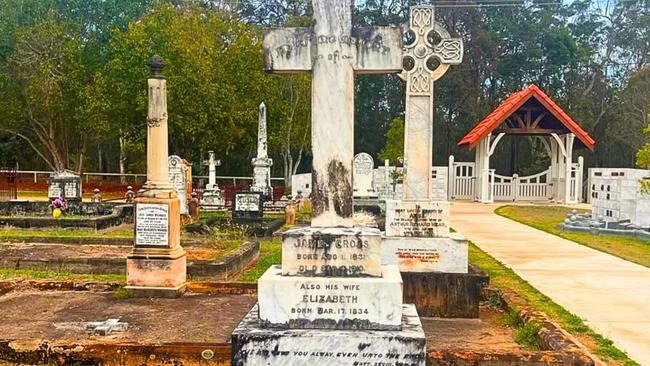
The changes affect two key areas – one that regulates how cemeteries operate and another that sets out the rules for handling human remains outside official burial grounds.
Many of the proposed amendments are technical or administrative but several are likely to have a real impact on grieving families, funeral businesses and anyone interested in preserving local burial records.
Under the proposed updates, private cemeteries would no longer need to lodge burial records or maps in advance.
Instead, they would only need to supply those documents if and when requested by council officers in a bid to cut down on unnecessary paperwork and speed up burial arrangements.
For burials that occur outside formal cemeteries, such as on rural or private land, the council is proposing stricter record keeping.
If there is no headstone or physical marker at the site, GPS coordinates would need to be provided to council.
Council documents said that was designed to ensure future generations, planners and historians could find and document graves properly.
An outdated clause suggesting that burials held on weekends or in the evening might require extra council approval is also being removed.
Funeral directors have welcomed the proposed changes, saying they eliminate years of confusion and allow more flexibility for services to be held at times that suit families.
Another key revision would ensure that when requests are made to move or disturb human remains, the council must consider the views of surviving relatives, not just the paperwork involved.
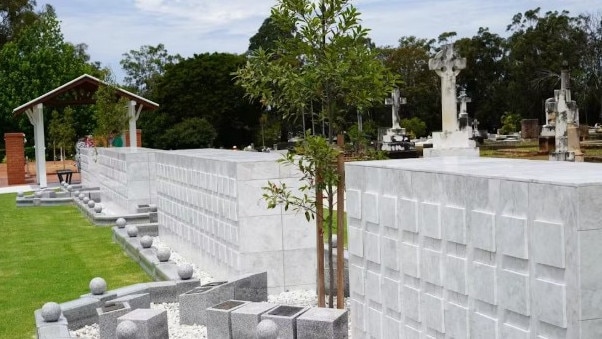
Officials said that change was about respecting the wishes of families and bringing more compassion to difficult decisions.
In addition, any burials or exhumations carried out outside of a recognised cemetery would need to be handled by a qualified undertaker.
The council would also be required to inspect the site both before and after the work is done to ensure compliance and dignity are maintained.
Councillor Tracey Huges, who put forward the motion, said it was only the beginning of the process and stressed the importance of public input.
“This is really such a sensitive and important topic, we’re just at stage one and we’re asking the community to help shape this,” Cr Huges said.
Councillor Paul Bishop added that the local lawmaking process could be complex, but praised council staff for making the legal language more understandable for the public.
Public consultation on the changes will run from June 4-25 with feedback to be submitted to the council.
The amendments did not include any new fees, or safety or environmental risks, and are subject to the standard legislative processes, which may include state government review as required.
A legal audit has confirmed the amendments complied with human rights laws and were ready for public comment.
If adopted later this year, the new rules could take effect before Christmas.




